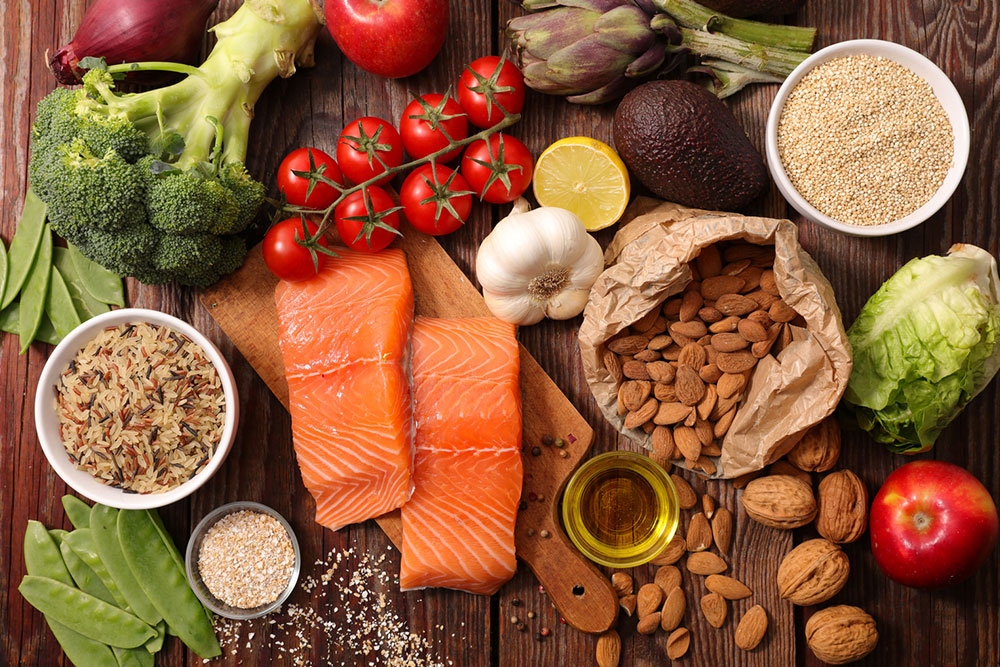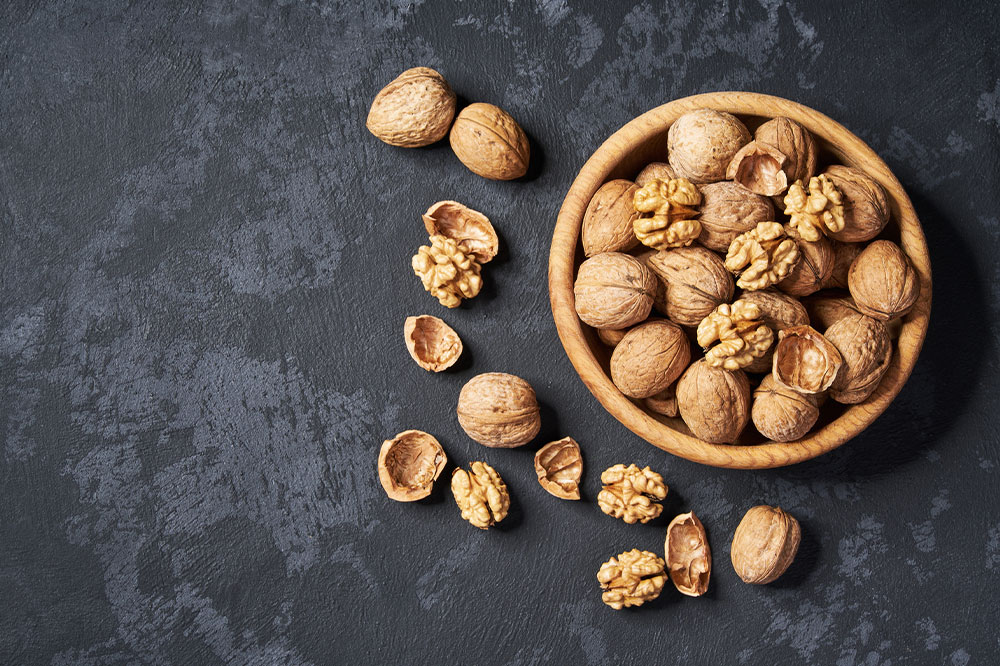Comprehensive Nutritional Approaches to Support Mental Health and Alleviate Depression
This comprehensive article explores the vital role of nutrition in supporting mental health and managing depression. It highlights key foods and nutrients, such as omega-3s, antioxidants, and B vitamins, that can help improve mood, reduce oxidative stress, and support brain function. Combining dietary strategies with traditional treatments can boost mental resilience and promote emotional stability. The guide emphasizes gradual dietary adjustments and highlights practical food choices to aid in depression recovery, offering a natural, holistic approach to mental wellness.

Comprehensive Nutritional Approaches to Support Mental Health and Alleviate Depression
Depression is a pervasive mental health disorder characterized by persistent feelings of sadness, hopelessness, and emotional turbulence that can significantly impair daily functioning. It affects millions worldwide and is believed to result from a complex interplay of genetic predispositions, environmental stressors, and lifestyle choices. Recognizing the multifaceted nature of depression is essential for developing effective management strategies that encompass both medical treatment and lifestyle modifications.
While pharmaceutical interventions and psychotherapy are standard approaches for managing depression, recent research underscores the vital role of nutrition in fostering mental resilience and accelerating recovery. Proper dietary habits and the inclusion of specific nutrient-dense foods can bolster brain health, enhance mood stability, and reduce symptoms associated with depression. This comprehensive guide explores the key dietary elements and specific foods that can support mental well-being and provide a natural adjunct to traditional treatments.
Essential Nutritional Strategies for Mental Wellness and Depression Management
Just as certain nutrients are vital for maintaining physical health, others play crucial roles in supporting mental and emotional stability. Integrating these nutrients into daily diets can significantly influence mood, cognitive function, and overall mental health. The process of managing depression through diet involves gradual and consistent steps, focusing on foods that promote brain health, reduce oxidative stress, and support neurotransmitter synthesis.
Omega-3 Fatty Acids - Omega-3s are essential fats primarily found in fatty fish like salmon, mackerel, and sardines, as well as plant-based sources such as walnuts, chia seeds, and avocados. These fatty acids are fundamental for maintaining optimal brain function and have been linked to reduced inflammation, which is often elevated in depression.
Antioxidants - Richly pigmented fruits and vegetables, including berries, spinach, carrots, and bell peppers, contain high levels of antioxidants. These compounds combat oxidative stress at a cellular level, potentially alleviating depression symptoms and enhancing neuroplasticity.
Proteins and Amino Acids - Protein-rich foods such as eggs, lean chicken, turkey, and dairy products supply amino acids like tryptophan and tyrosine, which are precursors to mood-regulating neurotransmitters such as serotonin, dopamine, and norepinephrine. Adequate protein intake is crucial for maintaining balanced neurotransmitter levels.
Zinc - Zinc is a trace mineral vital for immune health and cognitive function. Foods high in zinc, including nuts, legumes, pumpkin seeds, and whole grains, have been associated with improved mood regulation and reduced depression severity.
Vitamin B Complex - B vitamins, particularly B6, B9 (folate), and B12, support brain health and neurotransmitter synthesis. Foods rich in B vitamins include eggs, seafood, leafy greens, avocados, and whole grains. Deficiencies in these vitamins are linked to increased depression risk.
Mushrooms and Probiotic Foods - Emerging studies suggest that certain mushroom varieties can enhance mental health by stabilizing blood sugar levels and offering probiotic-like benefits that support gut-brain axis health. Incorporating diverse mushroom options and fermented foods like yogurt and kimchi may prove beneficial.
Selenium - Selenium, a potent antioxidant, helps protect brain cells from oxidative stress. Found in seafood, Brazil nuts, grains, and lean meats, selenium deficiency has been connected to mood disturbances and depression.
Vitamin D - Often called the "sunshine vitamin," vitamin D plays a pivotal role in mood regulation. Regular morning sun exposure boosts natural vitamin D synthesis, while supplementation is recommended for individuals with low levels, which are common in depression.
Leafy Green Vegetables - Dark leafy greens like spinach, kale, and watercress are rich in folate, a B-vitamin that reduces depression risk by supporting homocysteine regulation and neurotransmitter function.
Dark Chocolate - Rich in flavonoids, dark chocolate can elevate mood by increasing serotonin levels and providing a pleasurable sensory experience. Moderate consumption is recommended for its mood-boosting benefits.
Incorporating these nutrient-rich foods into daily diets, alongside professional medical treatment, can enhance mental resilience, improve mood stability, and support overall emotional well-being. A holistic approach that combines diet, mental health therapy, and lifestyle changes can lead to more sustainable recovery.





